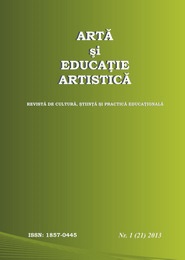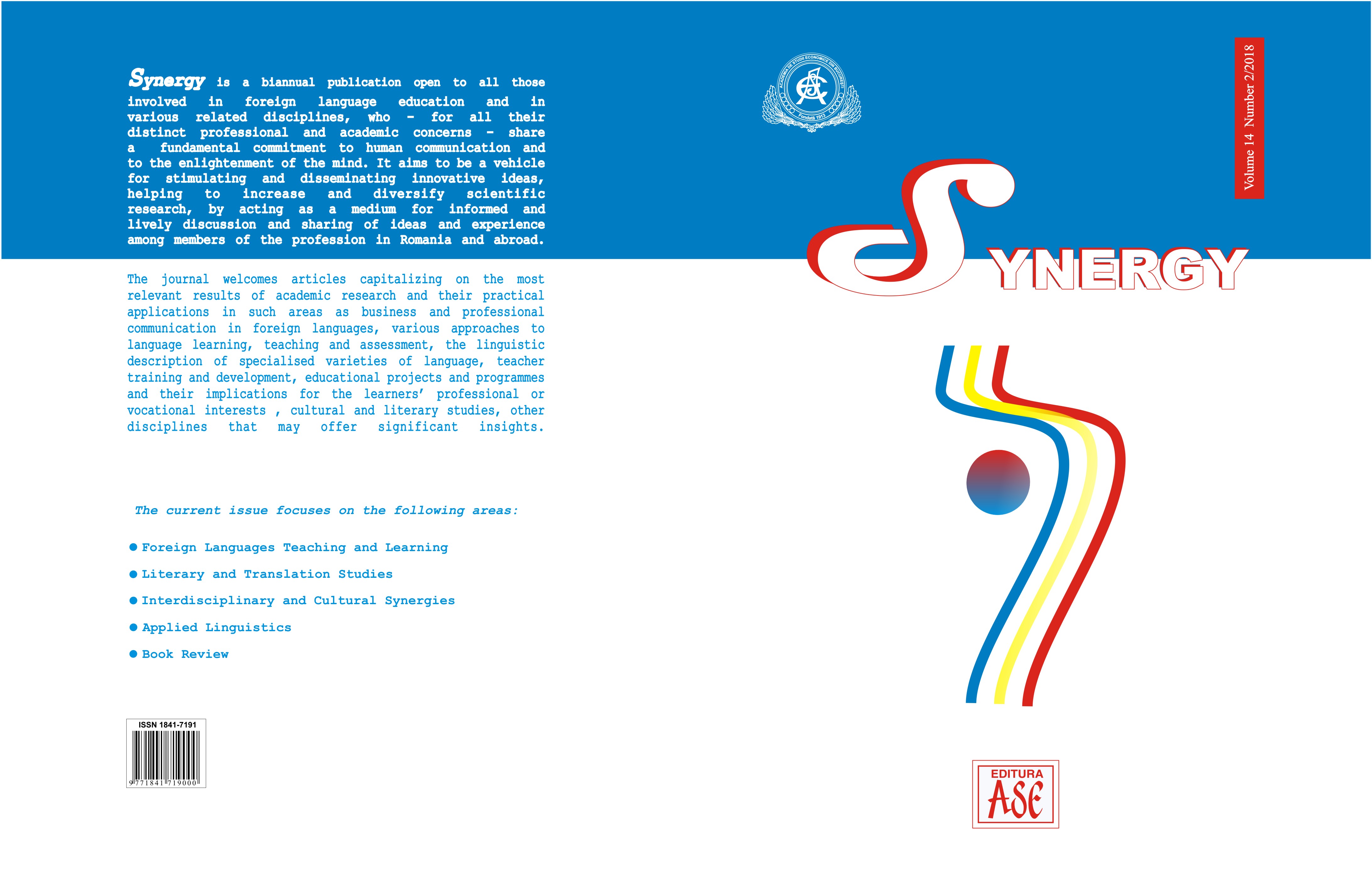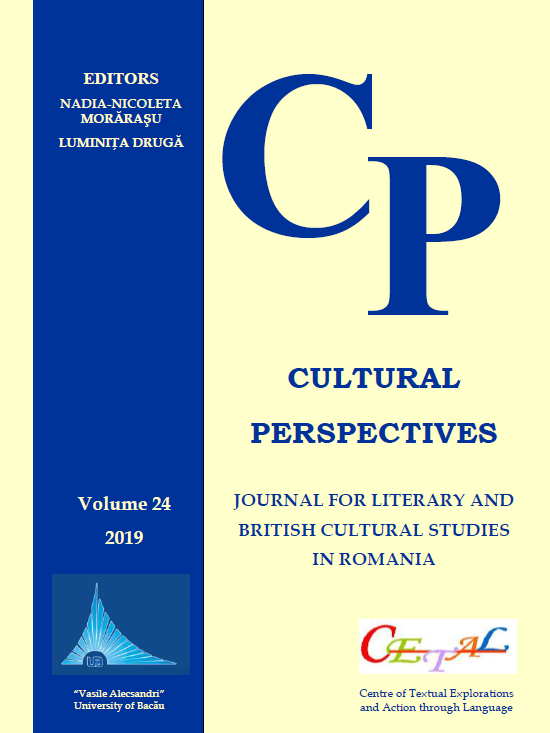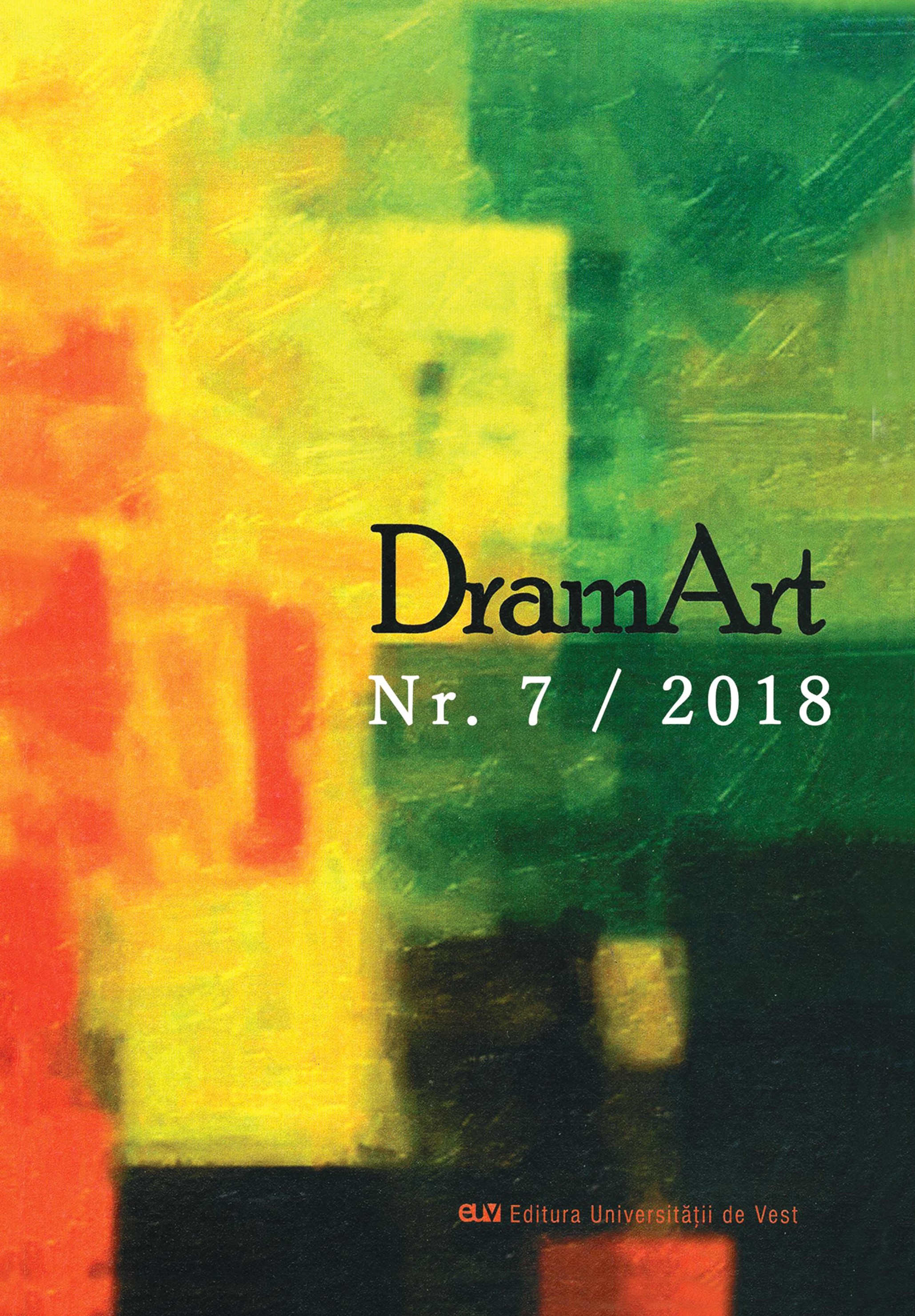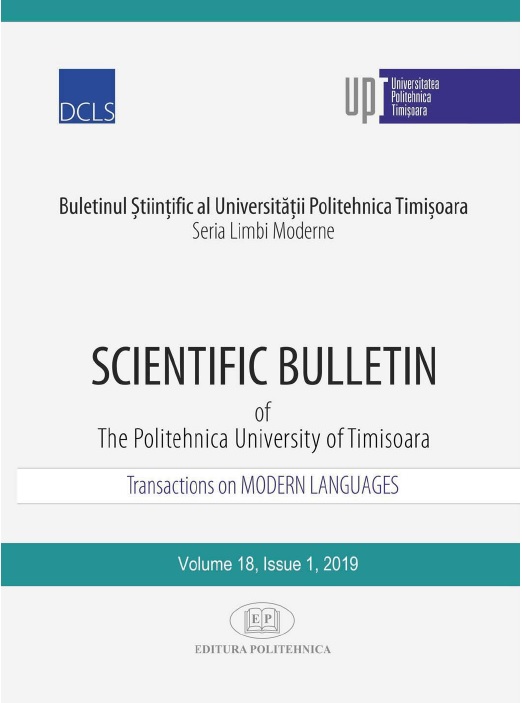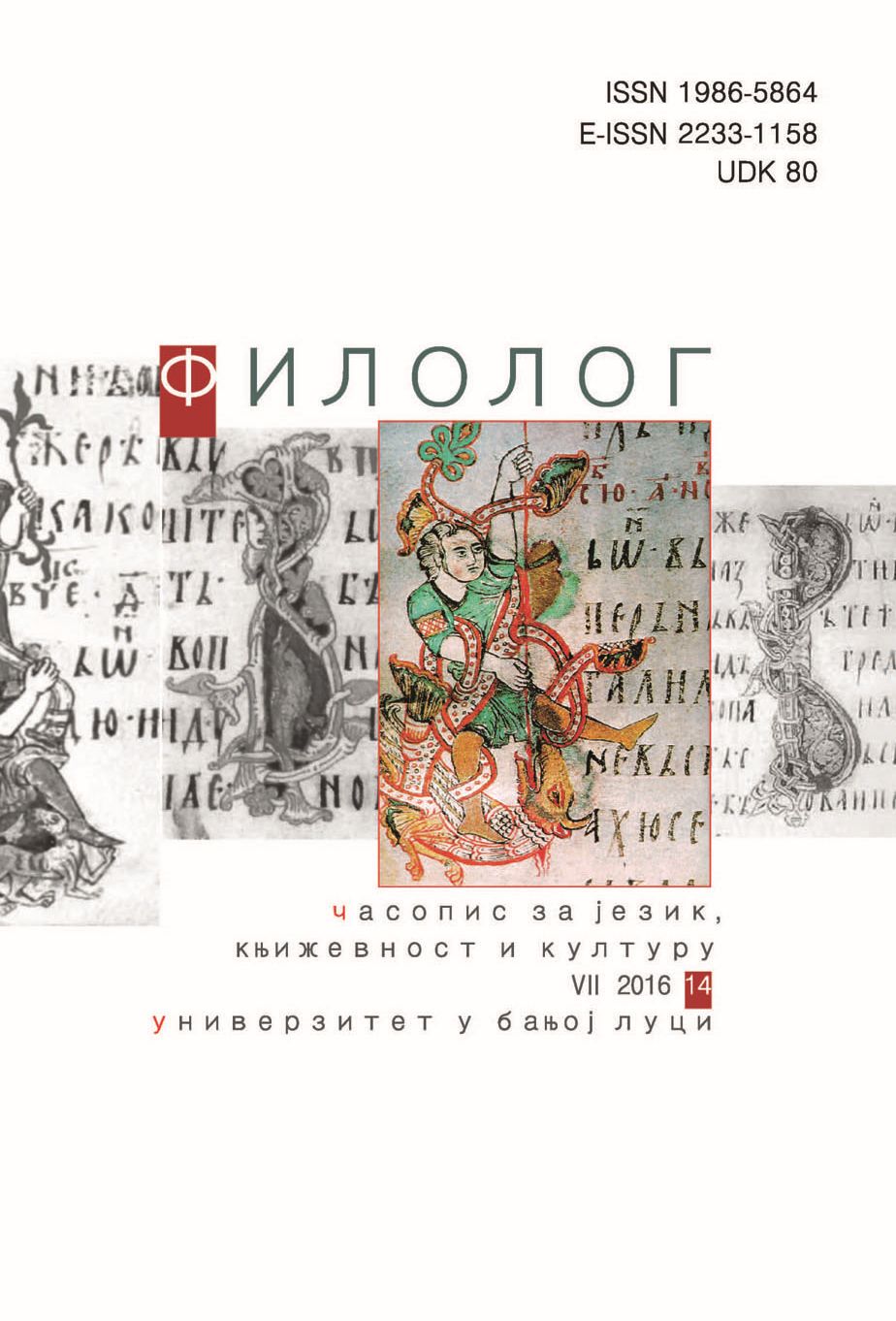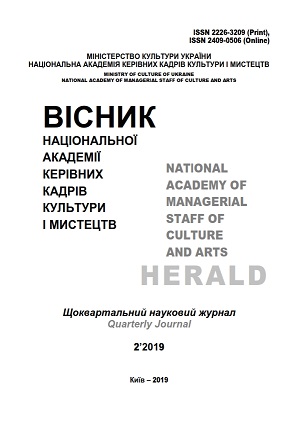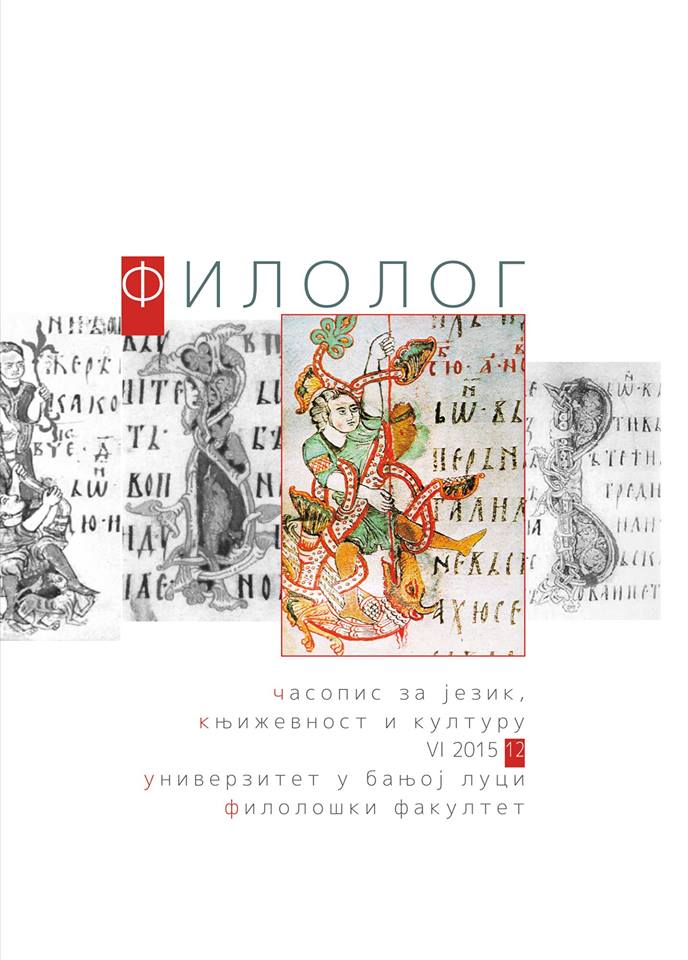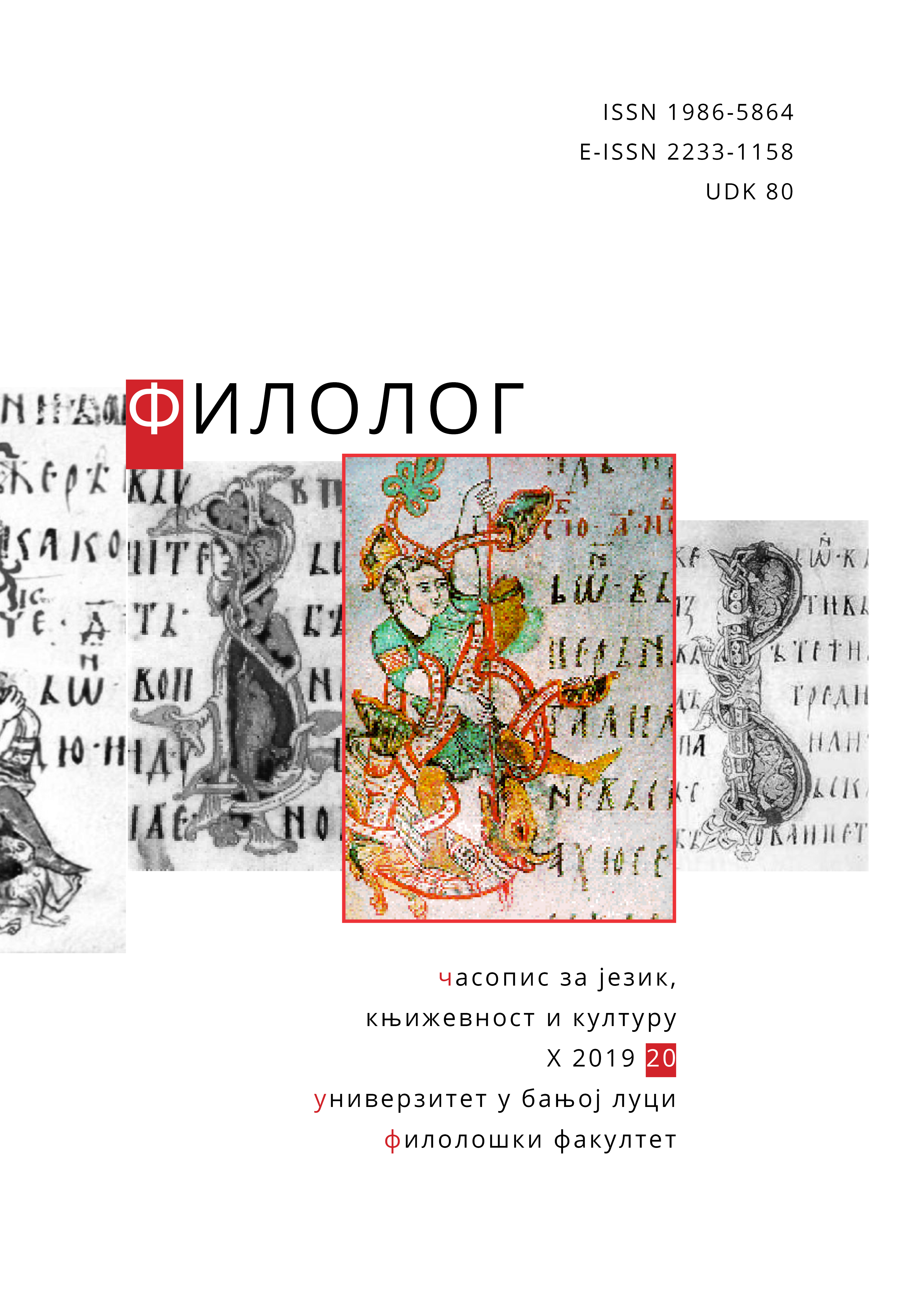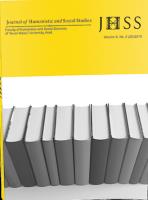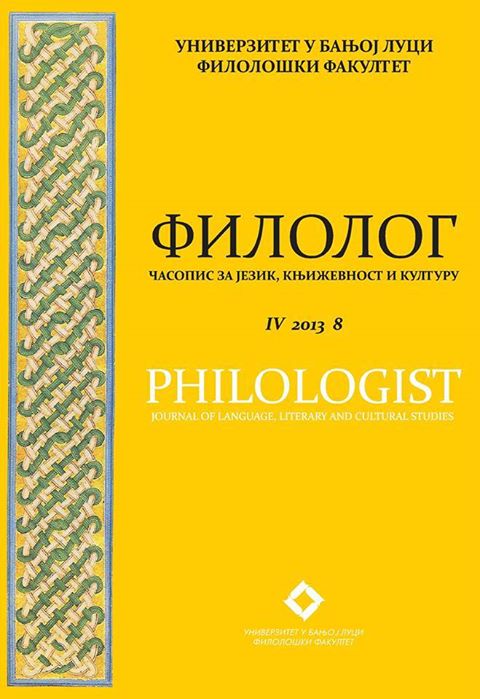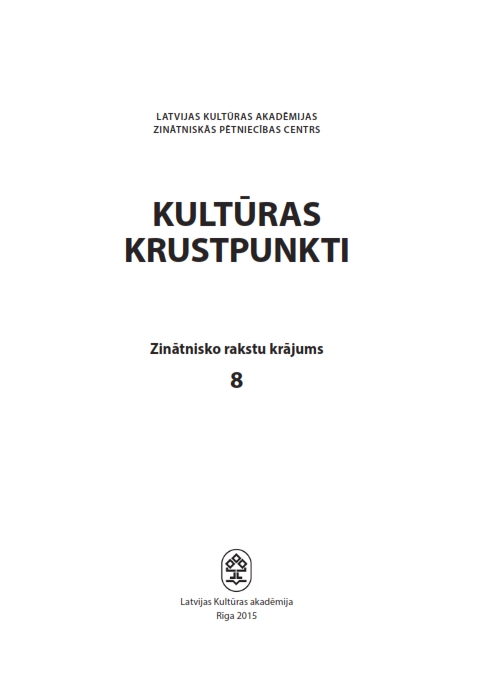
INDIVĪDA UN MASAS ATTIECĪBU TRAKTĒJUMS RAIŅA LUGU RADĀMAJĀS DOMĀS
Rainis’s world outlook has been strongly influenced by the Marxist philosophy, yet his attitude towards this doctrine is rather complicated. On the one hand, the poet was attracted by the idea of changing the world, voiced by Marxism, and he was fascinated by the personality of Karl Marx, in whom he saw a brave and talented reformer of the society; yet, on the other hand, Rainis has severely criticised a number of ideas propagated by Marxism which have been proposed as the foundation of socialism. Firstly, the distinctly materialistic orientation of the Marxist doctrine and the social and political movements associated with it is incompatible with Rainis’s artistic endeavours and his conviction that the decisive role in the development of the society is played by the enhancement of the man’s spiritual world rather than by the economic conditions and their transformation. Secondly, Marxism is unable to solve the contradiction that occurs between the necessity to act in the name of the interests of the overwhelming majority and, simultaneously, to guarantee a free development of every individual. One could even assert that Marxism tries to bypass the potential conflict between the individual freedom and mass interests. On the other hand, Rainis, who had a high regard for the individuality and wanted to harmonise the collective potential for the development of the society with the free development of the personality, is particularly sensitive to the contradictions existing between the individual and the society and strives to address them in his literary works. The issues outlined above in relation to the treatment of the individual and the mass specific of Rainis’s literary works have been analysed in this article in the context of the working notes of Rainis’s unfinished play “Īliņš (Kurbads)”.
More...
